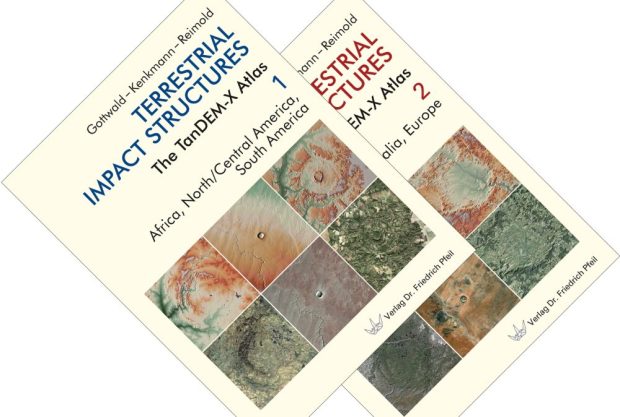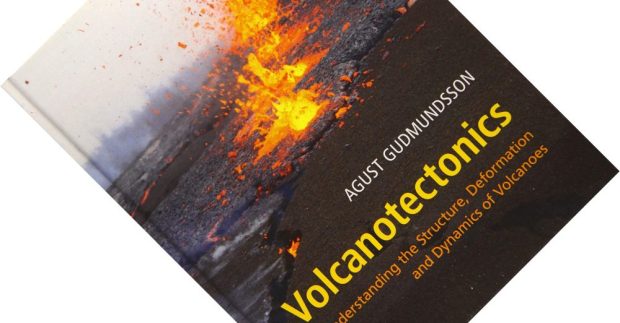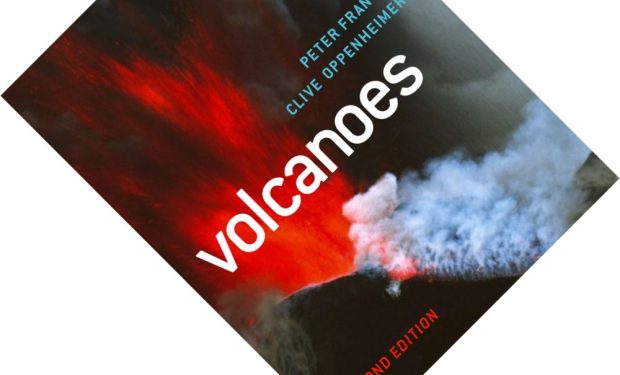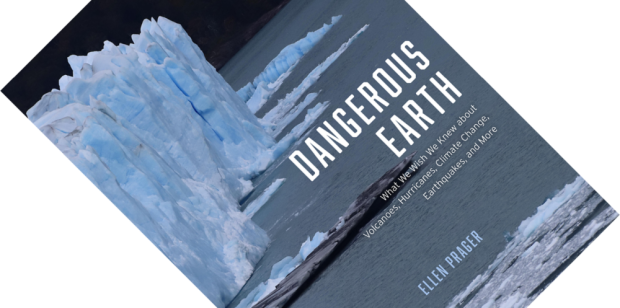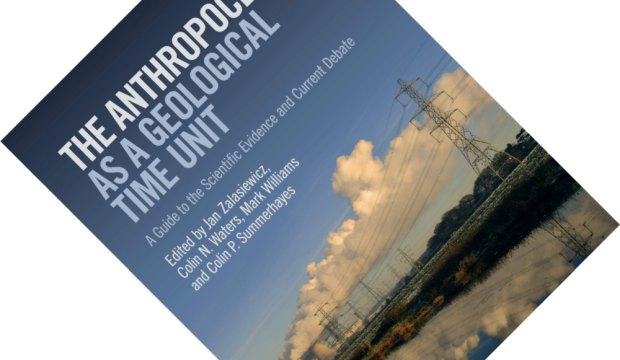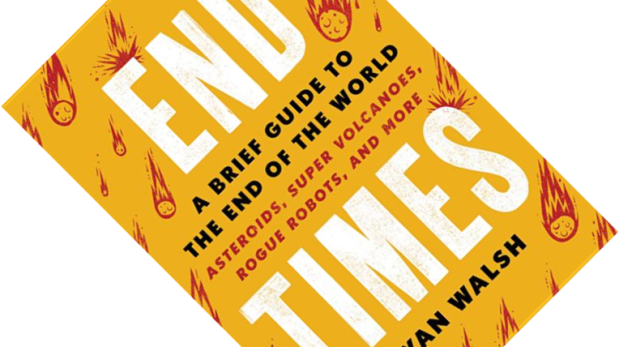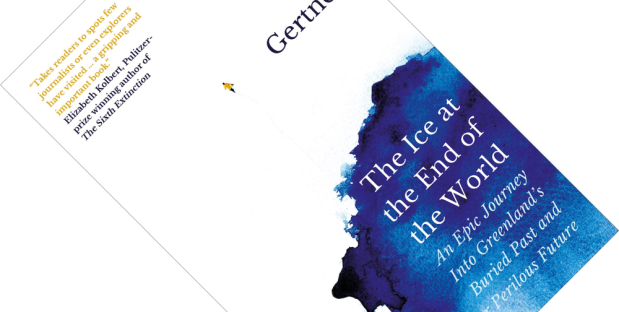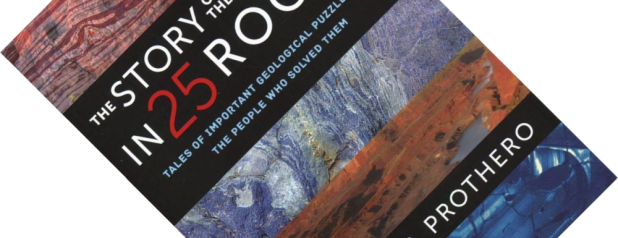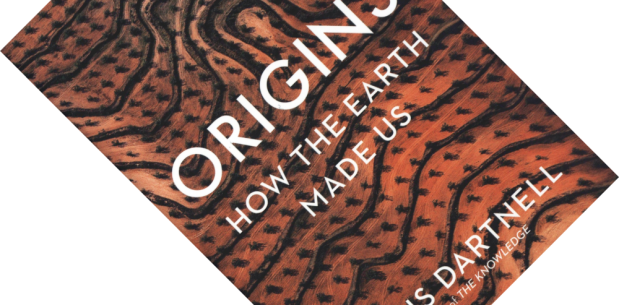7-minute read
When Google Earth first launched in 2001, I, like many others, found myself poring over satellite imagery. Identifying familiar and unfamiliar landmarks always brought a certain thrill, and spotting craters was part of that. But to properly map impact structures, you need a better dataset. The stunningly produced Terrestrial Impact Structures is a large-format atlas that maps all currently accepted ones, plus some likely candidates, and makes for an instant must-have reference work for any geology or astronomy library.

